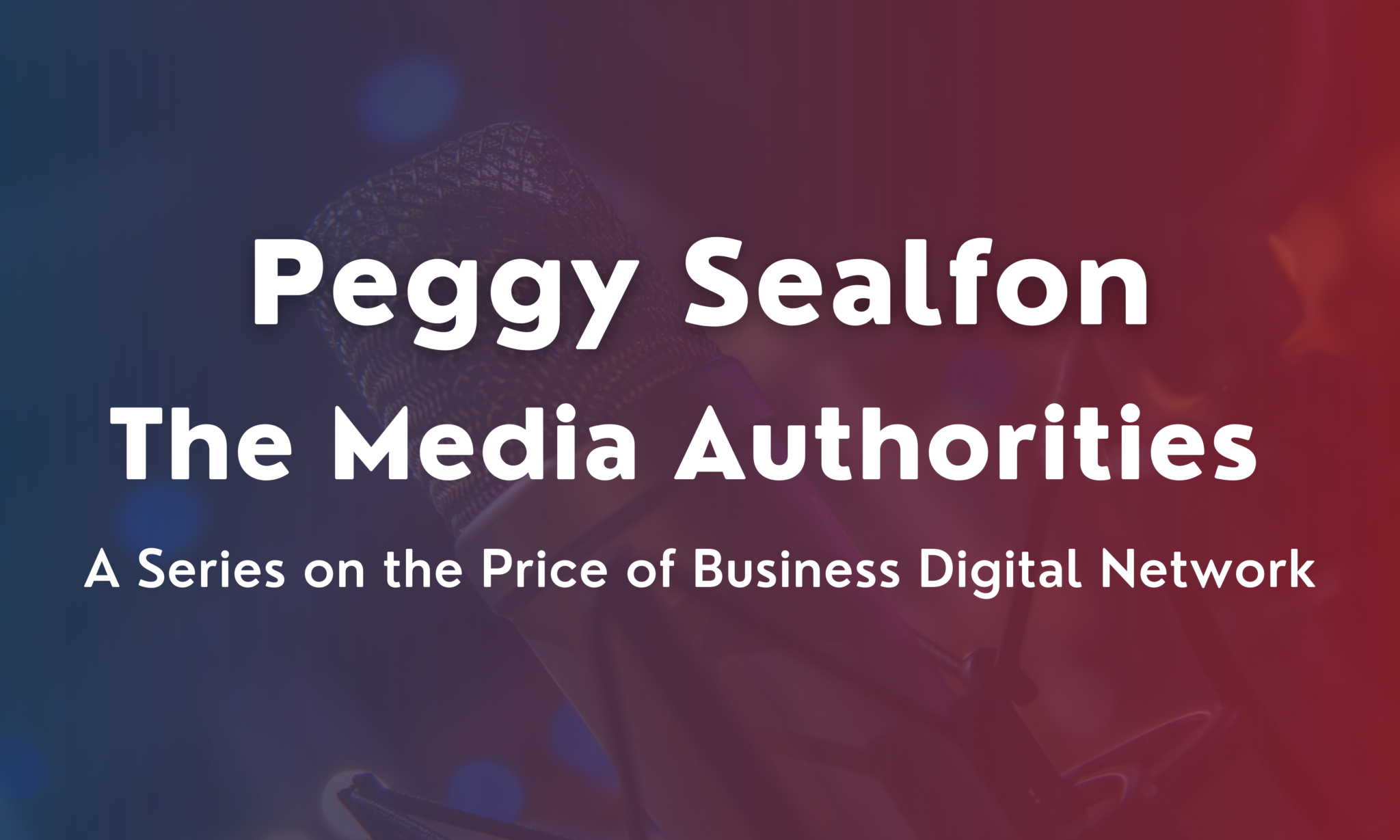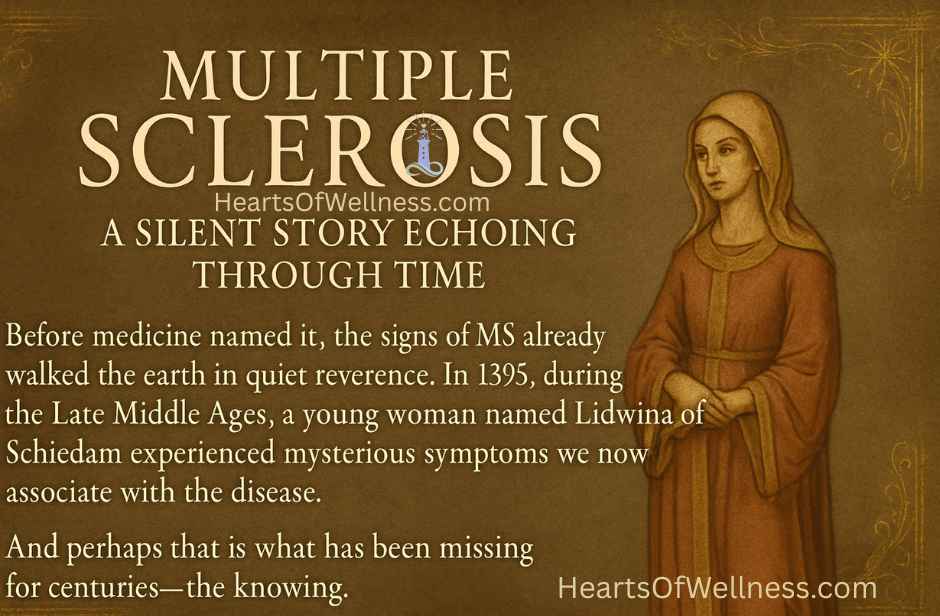By Peggy Sealfon, BCHC
As I pursue my PhD/Doctorate in Natural Medicine, I’m questioning many preconceptions. During one of my courses on Philosophy of Integrative Medicine, I began to distrust my concept of intellectualism, especially as it pertains to higher education.
My professor Dr. Asmit Goswami postured that intellectuals “live in the meaningfulness of the context of the mind that they themselves have generated.” That got my attention. To me, it almost sounds like getting stuck in a loop, like a social media echo chamber. Consider Albert Einstein who said you cannot solve problems with the same mind that created the problems. So, I began to explore this concept and I’ve come to a few clear conclusions that should be of interest to everyone.
First, what is intellectualism? It is the practice or orientation of emphasizing the role of intellect and rational thought in understanding and interpreting the world. It involves valuing knowledge, logic, scholarly pursuits, and critical thinking, often prioritizing these over emotions, intuition, or practical concerns. Intellectualism can manifest in numerous ways, including a deep interest in philosophical debates, scientific inquiry, literary analysis, and other academic pursuits.
Intellectuals might be perceived as elitist because they seem detached and out of touch with everyday concerns. They are focused on abstract theories or academic debates that seem irrelevant to most people’s daily lives. In fact, my brilliant “intellectual” brother as a youngster would walk home from a friend’s house in the middle of a snowstorm without his coat. Or as a young adult, he would forget where he parked his car on the university campus. He seemed clueless about practical concerns and yet he went on to become a well-respected scientist.
A major drawback of intellectuals is typically their communication style which is often too complex or specialized for everyday comprehension. This makes intellectual discourse seem exclusive or inaccessible which can create barriers. Another trait historically of intellectual circles is they are often associated with higher socio-economic status, leading to perceptions of exclusivity and privilege.
Further disadvantages of being an intellectual is the potential for “analysis paralysis” in which excessive analysis can result in indecision. Plus, it is not unusual for an intellectual to fall into social isolation as they may feel disconnected from those who don’t share their interests.
While these characteristics may all place a negative spin, I delved deeper into the topic and found that intellectualism can benefit all of us in society and as individuals. Consider these key reasons why intellectualism is far from undesirable:
- Progress and Innovation: Intellectual pursuits drive advancements in technology, science, and culture. Think about medical breakthroughs or the technological leap to smartphones. These innovations stem from intellectual work that have dramatically improved our lives.
- Informed Decision-Making: When a society values knowledge and critical thinking, it’s better equipped to tackle complex issues. For instance, consider environmental conservation. Policies to protect endangered species, reduce pollution, and combat climate change are often based on extensive scientific research. Informed decision-making in this context helps ensure that the actions taken are effective and sustainable.
- Personal Growth: Engaging intellectually fosters personal development. It encourages us to be curious, think critically, challenge our assumptions, and gain a deeper understanding of the world. Reading diverse books, attending lectures, or even engaging in meaningful conversations can significantly enrich our lives.
While intellectualism clearly has many benefits, it’s essential to make it accessible and relevant to everyone. To that end, intellectuals should strive to be more inclusive and communicate their ideas in ways that are easy to understand. For example, science communicators like Neil deGrasse Tyson make complex topics accessible and engaging to the general public.
Furthermore, it would be helpful to highlight practical applications. Real-world benefits can show more recognizable value. For instance, explaining how scientific research leads to new medical treatments can make intellectual work more relatable and appreciated.
To counter the elitist perception even more, let’s encourage respect for diverse forms of knowledge. Valuing practical and experiential knowledge can be key elements. For instance, a farmer’s expertise in agriculture is as valuable as a scientist’s research on crop yields.
My conclusion then is that intellectualism is not inherently a bad way to live; in fact, it has many positive aspects. However, like any approach to life, it can have both benefits and potential drawbacks, depending on how it is practiced. Ultimately finding balance is critical for a fulfilling life. To achieve that outcome, here are five suggestions:
- Embrace Emotions: Balance rational thought with emotional intelligence. 2. Stay Grounded: Engage in practical activities to stay connected with everyday life. 3. Cultivate Relationships: Build meaningful relationships and value emotional connections. 4. Be Humble: Stay open to learning from others, regardless of their background. 5. Practice Mindfulness: Use mindfulness to stay present and aware of both intellectual and emotional experiences.
Embracing intellectualism can enrich your life in countless ways. By balancing thoughtful learning with emotional awareness and practical engagement, you can enjoy a deeper understanding of the world, make smarter decisions, and connect meaningfully with others. Intellectual pursuits aren’t just for academics—they’re for anyone who wants to grow, innovate, and live a more fulfilling life. So, dive into a book, engage in stimulating conversations, and never stop learning. The rewards are endless.
BIO: PEGGY SEALFON, BCHC
Internationally recognized personal development coach and board-certified health coach, Peggy Sealfon integrates ancient wisdom teachings with cutting-edge breakthroughs in science and technology. Drawing from her extensive trainings with world masters, Peggy offers highly effective “Mind Body Fitness for Life” programs empowering clients to not only achieve physical, mental, and spiritual alignment but also to discover and embrace their unique life purpose. Using the latest scientific tools in regenerative medicine, she also guides clients in age reversal that unlocks youthful energy, mental focus, and vitality to achieve their highest and most sustainable potential. An award-winning author and motivational speaker, Peggy is currently working on her Doctorate/PhD in Natural Medicine.
Learn more at Mind Body Fitness for Life.
Connect with her through the social media:
Twitter/X: @StonewaterSt
Instagram: @peggysealfon
FaceBook: www.facebook.com/peggysealfon.personaldevelopmentcoach






